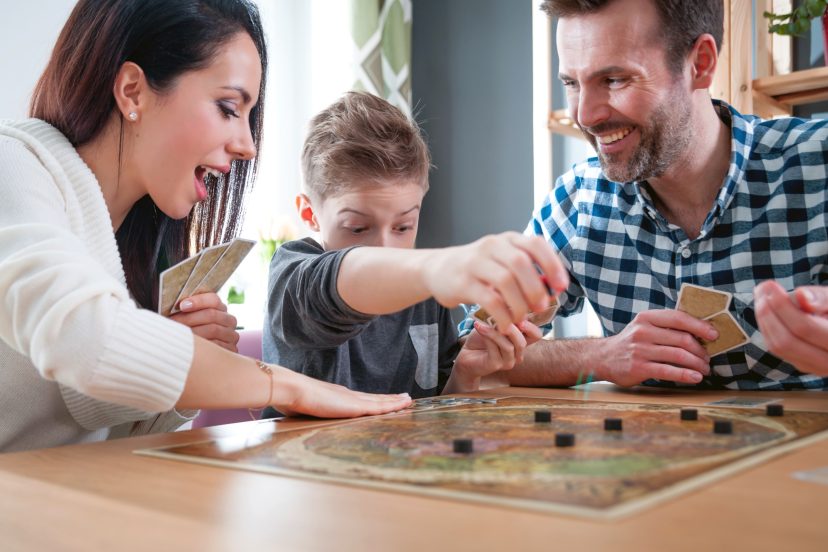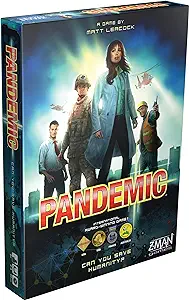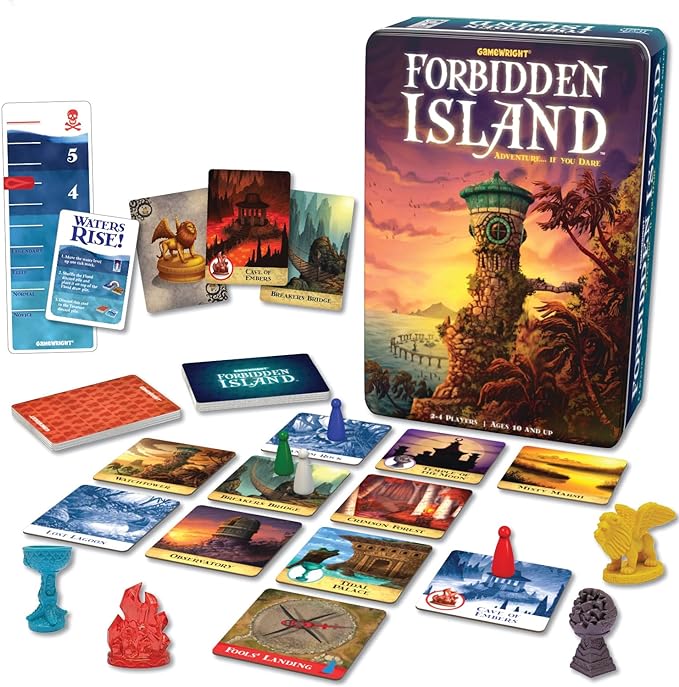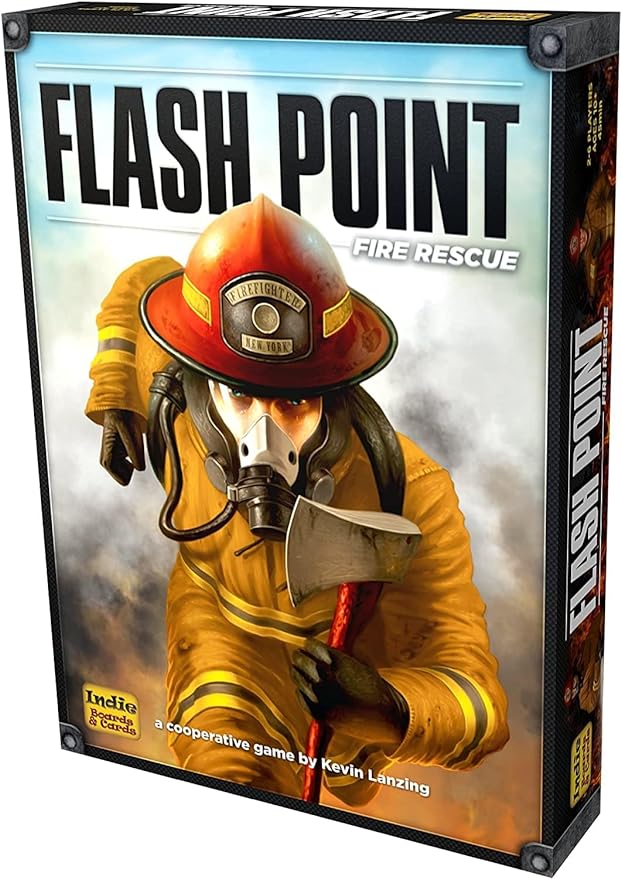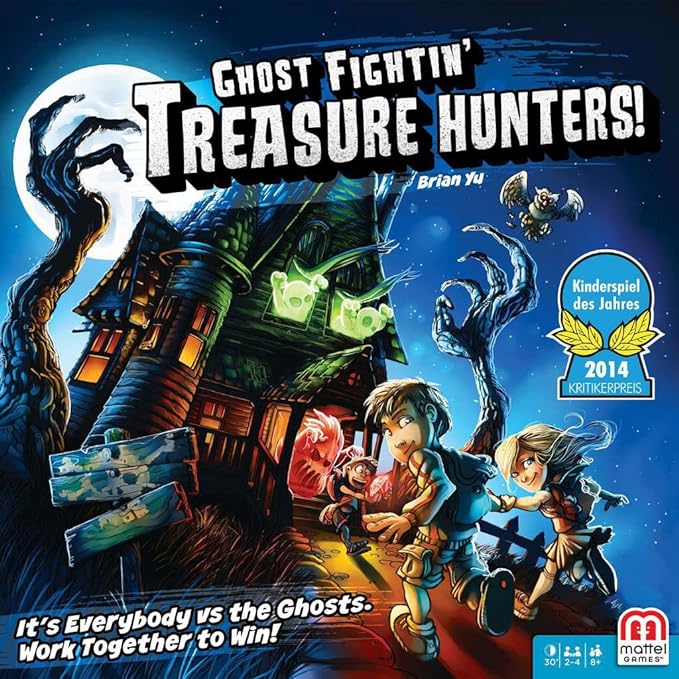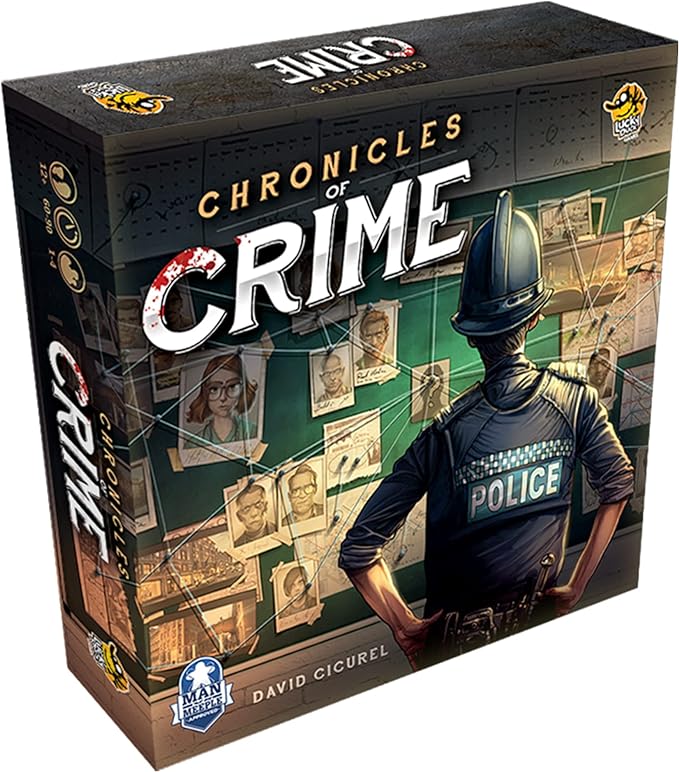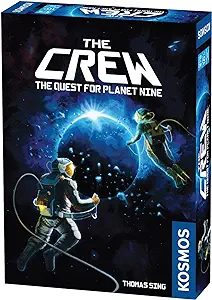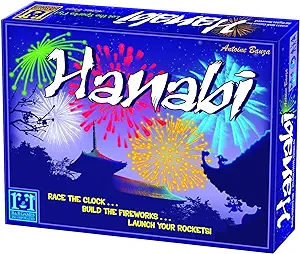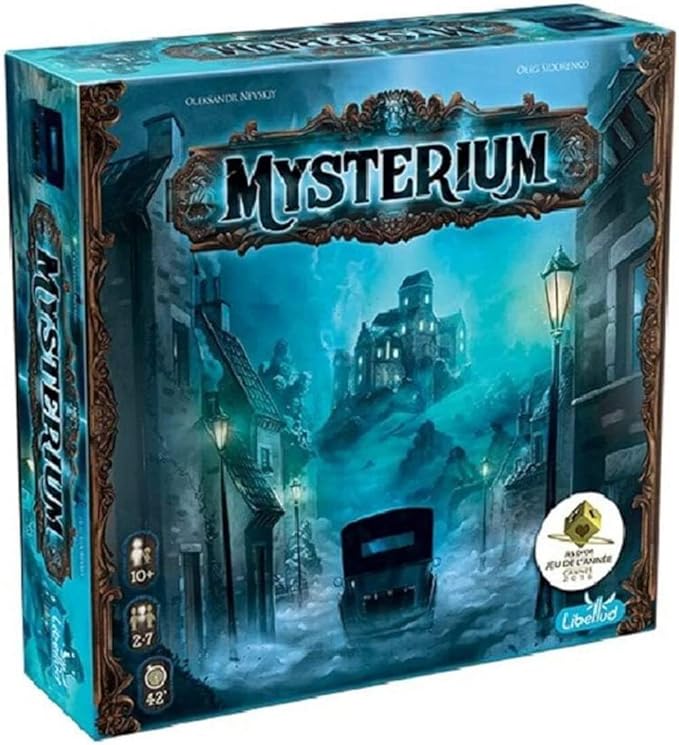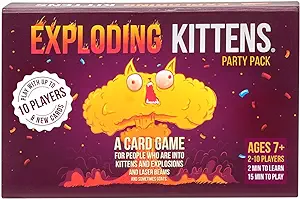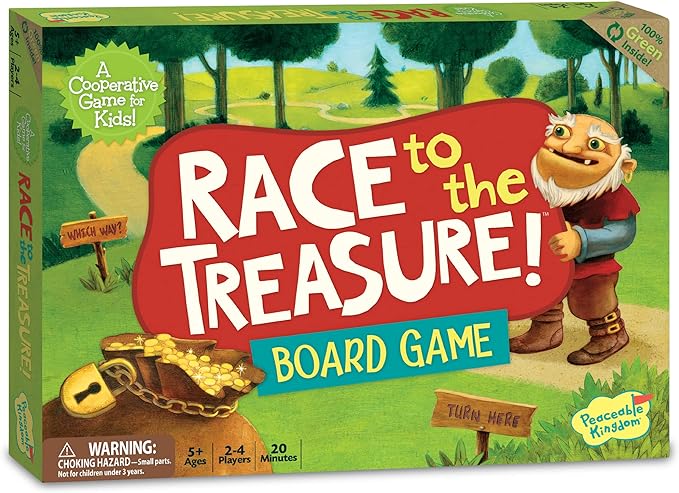Top Cooperative Board Games for Families: Unlocking Teamwork & Adventure at Home
In today’s fast-paced digital age, there’s an undeniable magic in gathering around a table with your loved ones, away from screens and distractions, to engage in a shared experience. Enter the world of cooperative board games for families, a realm where players aren’t competitors but teammates, working hand in hand to achieve a common goal. These games aren’t just about rolling dice or moving pieces across a board; they’re about collaborative storytelling, strategic planning, and shared triumphs and challenges.
Recall those days when families would huddle around a radio or TV, sharing moments of joy, suspense, and wonder? Cooperative board games bring back that collective spirit, offering a modern means to unite generations, challenge intellects, and create memories. Whether you’re strategizing to save the world from a deadly outbreak, exploring haunted mansions, or journeying through magical realms, these games promise not just entertainment but a deeper sense of connection. So, why are these games a game-changer (pun intended) for family fun time? Let’s dive in and uncover the beauty of Cooperative Board Games for Families.
Why Choose Cooperative Over Competitive?
Why Choose Cooperative Over Competitive?
At first glance, the draw of competitive games is clear. The thrill of victory, the rush of outsmarting an opponent, and the playful banter that often accompanies such contests can be genuinely exhilarating. However, when it comes to family gatherings, where the age range can vary and dynamics are unique, cooperative board games often shine brighter, presenting several compelling advantages:
Inclusivity and Unity: With cooperative games, everyone’s on the same team. This means the youngest child or the eldest grandparent can equally participate without feeling overshadowed or left out. Everyone has a role to play, and every role is crucial. This inclusiveness fosters unity and ensures no one feels sidelined.
Shared Celebrations and Challenges: When you win, you win together. When you face challenges, you brainstorm and strategize as a team. There’s a shared sense of accomplishment in victory and a collective learning curve in defeat, making both the highs and lows constructive experiences.
Fostering Communication and Teamwork: Cooperative games often require open dialogue, patience, and collaboration. They encourage players to discuss, negotiate, and sometimes compromise for the greater good of the team. These dynamics can be instrumental in teaching younger family members the value of effective communication and teamwork.
Reduced Conflict: Let’s face it; not every competitive game ends with a handshake and a smile. Especially in family settings, a fiercely competitive game can sometimes lead to hurt feelings or disputes. Cooperative games, by their very nature, diminish this potential friction by aligning everyone towards a common objective.
Richer Storytelling: Many cooperative board games thrive on elaborate storylines and themes. Players often find themselves engrossed in a narrative where they collectively shape the outcome. This shared storytelling not only enhances engagement but also sparks imagination and creativity.
Skill Development: Beyond just fun, cooperative games can be educational. They can teach critical thinking, problem-solving, and even specific knowledge based on the game’s theme. And since everyone’s learning together, it becomes a joint educational journey.
Our Top 10 Picks For Cooperative Board Games for Families
Now that’s we have seen the advantages of Cooperative Board Games for Families, lets jump into the list of the best cooperative board games. These games will provide endless hours of teamwork, strategy, and shared adventures for families of all sizes and ages. Whether you’re navigating treacherous terrains, solving mysteries, or battling foes, these games ensure every family member becomes a crucial part of the journey. Prepare for collective triumphs and challenges that will become cherished memories!
Pandemic: Players collaborate as a team of disease-fighting specialists with the goal of treating and eradicating four deadly diseases threatening the world. Each player takes on a unique role with special abilities, and together they must strategize to halt disease outbreaks and gather resources to discover cures. Players either win collectively by curing all four diseases or face defeat if there are too many outbreaks, they run out of cards, or the disease cubes are depleted. The game is celebrated for its emphasis on teamwork and strategic collaboration.
Forbidden Island: In this adventure game, players work together as a team of adventurers on a mission to retrieve four sacred treasures from the ruins of a perilous island that’s sinking with every turn. Each player assumes a unique role, granting them special abilities to aid the team. Players must strategize to quickly collect the treasures and escape the island before it disappears beneath the waves. Success relies on collaboration and efficient decision-making, as the island sinks faster and the challenges mount.
Flash Point: Fire Rescue: In this game players team up as firefighters tasked with rescuing victims from a blazing building. As flames spread and intensify with each turn, players must strategically decide whether to extinguish fires, clear smoke, breach walls, or directly rescue the trapped individuals. Each player possesses a unique firefighter role with special abilities, offering varied strategies for the team to employ. The game is won by rescuing a majority of the victims before the building collapses or too many victims are lost to the fire. Flash Point offers an engaging balance of risk and strategy, emphasizing teamwork and the heroic nature of firefighting.
Ghost Fightin’ Treasure Hunters: In this family-friendly adventure, players work together as a team of young treasure hunters exploring a haunted mansion, aiming to retrieve eight precious jewels before the house is overwhelmed by ghosts. As players navigate the mansion, they’ll encounter and must face off against a growing number of ghosts. To add to the challenge, if three ghost figures gather in one room, they transform into a haunting specter, making the jewels in that room more difficult to retrieve. Players must strategize and collaborate to collect the jewels and exit the mansion before it becomes entirely haunted. The game seamlessly blends treasure-hunting excitement with ghostly challenges, making it both thrilling and engaging for players of all ages.
Chronicles of Crime: Set in modern London, players take on the roles of detectives working together to solve a series of crimes. The game uniquely integrates virtual reality (VR) and a dedicated mobile app to provide clues and immerse players into various crime scenes. By scanning QR codes on cards representing suspects, locations, and items, players can gather evidence, question witnesses, and follow leads. The game features a rich narrative and requires keen observation, logical deduction, and teamwork to piece together the puzzle and solve the case in time. With multiple scenarios available and the integration of digital technology, Chronicles of Crime offers a fresh and immersive approach to the detective board game genre.
The Crew: The Quest for Planet Nine: Players take on the roles of astronauts embarking on a space mission to unravel the mysteries surrounding the hypothetical “Planet Nine.” Unlike traditional trick-taking games, The Crew presents players with a series of 50 progressively challenging missions, each with specific objectives that need to be met for the team to succeed. Communication among players is limited, making deduction, strategy, and careful planning paramount. The narrative-driven challenges, combined with the core trick-taking mechanics, offer a fresh twist to the genre and have earned the game widespread acclaim, including the Kennerspiel des Jahres award in 2020
Hanabi: The game’s title, “Hanabi,” is the Japanese word for “fireworks,” and players work together to create a spectacular fireworks show by building sequences of cards in ascending order for each color. The unique twist in Hanabi is that players hold their cards facing outward, so they can see everyone’s cards except their own. Players provide each other with limited and strategic hints about the content of their hands, guiding their teammates on which cards to play or discard. The challenge lies in giving and interpreting these hints to play cards in the correct order without mistakes. Communication, deduction, and memory are key elements of the game.
Mysterium: Set in the 1920s, the game casts players in a mystery where one player assumes the role of a ghost, and the others are psychics trying to solve the ghost’s murder. The ghost provides clues in the form of beautifully illustrated vision cards to guide the psychics toward the correct suspect, location, and weapon associated with its murder. However, the ghost cannot speak and can only communicate through these cryptic visions. The psychics must interpret the visions and discuss their interpretations, racing against the clock to solve the mystery in a limited number of turns. Mysterium blends elements of deduction, communication, and interpretation, offering a unique and atmospheric twist on the murder mystery board game genre.
Exploding Kittens: Described as a “kitty-powered version of Russian roulette,” players draw cards from a deck until someone draws an “Exploding Kitten” card, which eliminates them from the game unless they possess a “Defuse” card. The deck is filled with various other cards that allow players to strategize, such as skipping turns, peeking at upcoming cards, or forcing others to draw multiple cards. The game continues until one player remains or there are no cards left to draw. Combining humor, strategy, and tension, Exploding Kittens became one of the most-backed projects on Kickstarter and has since established itself as a staple for casual game nights.
Race To The Treasure: During gameplay, players draw tiles and strategically place them on the board, constructing a route to collect all three keys required to unlock the treasure. However, as they progress, they also draw ogre tiles, which bring the ogre closer to the treasure. The objective is for players to collaborate and complete their path to the treasure before the ogre gets there. With simple rules, emphasis on teamwork, and a quick playtime, Race to the Treasure provides an engaging experience for younger players while teaching fundamental cooperative game principles.
Final Words From Me
In a nutshell, while competitive games have their undeniable charm and place, Cooperative Board Games for Families offer a refreshing, inclusive, and bond-strengthening alternative, especially when the goal is to bring a family closer together. So, the next time you’re looking to introduce a game into your family fun time night, consider the power of cooperation! They provide not just entertainment but also invaluable life lessons. And remember, it’s not about winning or losing, but the memories and bonds you create along the way. Ready for game night?
FAQs
- What age groups are cooperative board games for families suitable for?
Most games have a recommended age range, but with the right game, even younger children can join in with a little guidance. - Are these games expensive?
Like any board game, prices vary. But there are affordable options out there, and given the replay value, it’s often worth the investment. - Can we play with just two players?
Absolutely! Many cooperative board games for families cater to smaller groups, making them perfect for couples or when it’s just you and your kiddo. - What if we find the game too easy or too hard?
Many cooperative board games for families come with adjustable difficulty levels. So you can always tweak the challenge as you see fit! - Where can I buy these games?
Most local game stores, toy stores, and online retailers will have a good selection. Don’t forget to check out reviews before buying!

